Home>Garden Essentials>How Fast Does Perennial Ryegrass Germinate
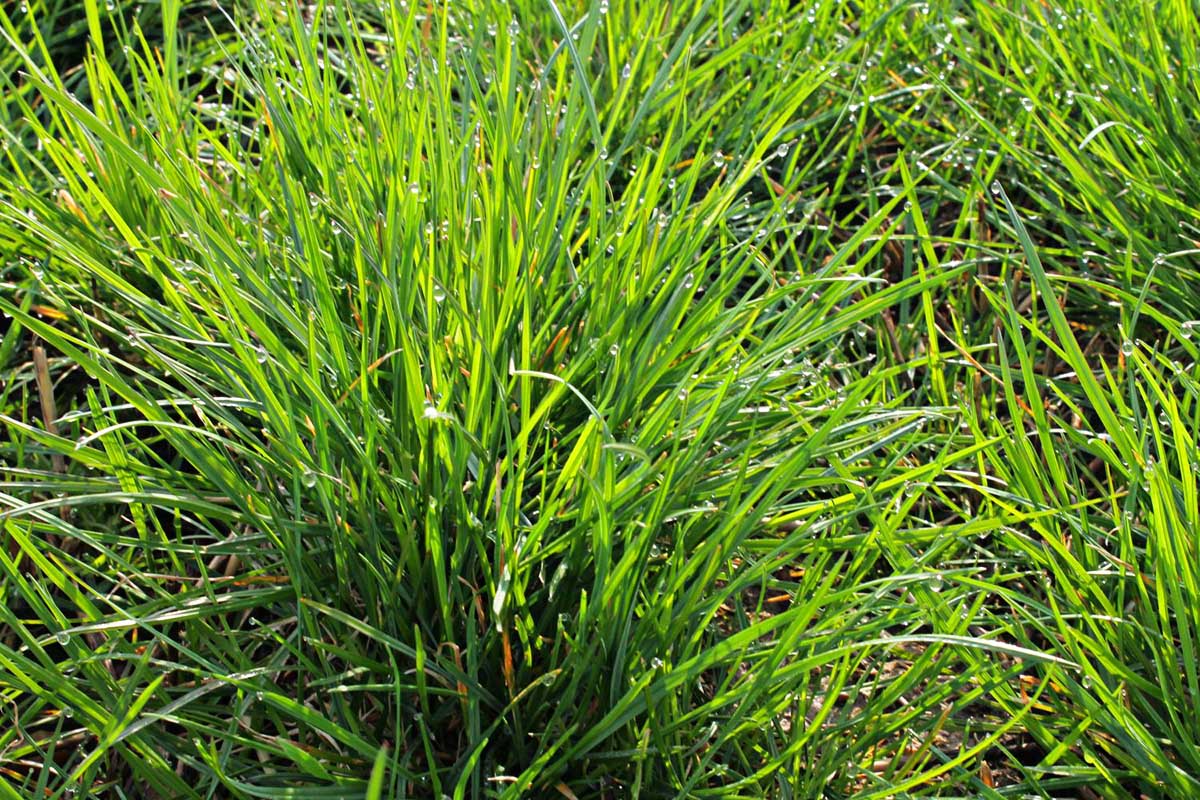

Garden Essentials
How Fast Does Perennial Ryegrass Germinate
Modified: March 25, 2024
Discover how fast perennial ryegrass germinates in your garden. Learn tips and tricks for successful germination to ensure a lush and vibrant lawn.
(Many of the links in this article redirect to a specific reviewed product. Your purchase of these products through affiliate links helps to generate commission for Storables.com, at no extra cost. Learn more)
Introduction
Gardening enthusiasts and homeowners often seek the quickest and most efficient ways to establish a lush and vibrant lawn. One crucial factor in achieving this goal is the germination speed of the grass seed used. When it comes to perennial ryegrass, understanding its germination characteristics can help you plan and achieve a successful lawn establishment.
Perennial ryegrass (Lolium perenne) is a popular cool-season grass that is widely used for lawns, athletic fields, and pastures. It is valued for its ability to grow rapidly and produce a dense, durable turf. However, the time it takes for perennial ryegrass to germinate can vary depending on various factors.
In this article, we will explore the importance of germination speed, the factors that can affect germination, the typical timeframe for perennial ryegrass germination, and techniques you can use to promote faster germination. By gaining a deeper understanding of these aspects, you will be better equipped to establish a healthy and vibrant perennial ryegrass lawn.
Key Takeaways:
- Perennial ryegrass germinates quickly, leading to a lush lawn in 7-14 days. Optimal soil temperature, moisture, and seed quality are key for fast germination.
- Techniques like pre-soaking seeds, overseeding, and maintaining moisture promote faster perennial ryegrass germination. Patience and care lead to a vibrant lawn.
Read more: What Is Perennial Ryegrass
What is Perennial Ryegrass?
Perennial ryegrass, scientifically known as Lolium perenne, is a cool-season grass that is widely used in lawns, sports fields, and pastures. It is a fast-growing grass species that is known for its ability to establish quickly and produce a dense turf.
This grass species is native to Europe, but it has been widely naturalized in North America and other parts of the world. It is characterized by its fine texture and vibrant green color, which adds aesthetic appeal to any landscape.
Perennial ryegrass is a perennial plant, meaning it can survive for multiple years under favorable growing conditions. It grows best in cooler climates and performs well in regions with cold winters and mild summers.
One of the key features that make perennial ryegrass popular is its rapid germination and establishment. When the conditions are right, perennial ryegrass can germinate quickly, leading to fast and noticeable growth. This makes it an excellent choice for lawns that require immediate coverage or for overseeding existing lawns to fill in bare spots.
Aside from its aesthetic value, perennial ryegrass is also known for its resilience and tolerance to heavy foot traffic. It can recover quickly from damage and is often used on sports fields and high-traffic areas.
Understanding the characteristics and growth habits of perennial ryegrass can help you make informed decisions when it comes to lawn establishment or maintenance. By harnessing its rapid germination and establishment abilities, you can create a vibrant and durable lawn that will be the envy of your neighborhood.
Importance of Germination Speed
The speed at which perennial ryegrass seed germinates plays a crucial role in the success of your lawn establishment. Here are some key reasons why germination speed is important:
1. Quick Coverage: When you sow grass seed, you want it to sprout and cover the area as quickly as possible. Perennial ryegrass’s fast germination speed allows it to establish a dense turf in a relatively short amount of time. This means that you can enjoy a lush and green lawn sooner rather than later.
2. Competing with Weeds: A speedy germination process helps perennial ryegrass outcompete weeds. When the grass seed germinates quickly, it can establish a strong root system and start growing before weeds have a chance to take hold. This reduces the chances of weed infestation, leading to a healthier and more weed-free lawn.
3. Erosion Control: Germinating quickly helps perennial ryegrass contribute to erosion control. If you have recently graded or disturbed an area, quick germination and establishment of the grass can prevent soil erosion by providing immediate ground cover. This is especially important on slopes or areas prone to soil erosion.
4. Uniform Growth: Uniform germination leads to uniform growth, ensuring a consistent appearance across your lawn. This is especially important if you are overseeding an existing lawn to fill in bare patches or thin areas. The quick germination of perennial ryegrass can help achieve a more even and visually appealing lawn.
5. Time Efficiency: By choosing a grass seed with a fast germination speed, you can save time and effort in lawn establishment. Instead of waiting for weeks for the grass to sprout, the quick germination of perennial ryegrass allows you to enjoy a beautiful lawn in a shorter timeframe.
Understanding the importance of germination speed can help you select the right grass seed for your lawn project. If you desire a rapidly establishing lawn, perennial ryegrass is an excellent choice due to its ability to germinate quickly and provide fast coverage. Remember, a healthy and vibrant lawn starts with proper germination, so make sure to consider the germination speed when planning your lawn establishment.
Factors Affecting Germination
Several factors can influence the germination of perennial ryegrass seeds. Understanding these factors will help you optimize the conditions for successful germination. Here are the key factors that can affect the germination process:
1. Soil Temperature: Soil temperature is a crucial factor in germination. Perennial ryegrass prefers cooler soil temperatures between 50°F and 65°F (10°C-18°C) for optimal germination. If the soil temperature is too low, it may delay or inhibit germination. If it’s too high, it can negatively impact germination as well. It’s important to check the soil temperature before sowing the seed to ensure it falls within the ideal range.
2. Moisture: Adequate moisture is essential for germination. The seeds need to be in contact with moist soil to trigger the germination process. However, excessive moisture or standing water can drown the seeds and inhibit germination. It’s important to maintain a balance by providing consistent moisture without waterlogging the soil.
3. Light Exposure: Perennial ryegrass seeds do not require light to germinate. In fact, they prefer to be sown at a depth where they are shielded from direct light. However, exposing the seeds to prolonged darkness can improve germination rates. Ensure that the seeds are properly covered with soil during sowing.
4. Seed Quality: The quality of the seed can greatly impact germination. It’s crucial to select high-quality perennial ryegrass seed from reputable sources. Fresh seeds with high purity and viability have a better chance of germinating successfully.
5. Seed to Soil Contact: Good seed-to-soil contact is essential for germination. Seeds should be in direct contact with the soil to absorb moisture and nutrients. Proper seed-bed preparation, including loosening the soil and removing debris, helps ensure good seed-to-soil contact and promotes germination.
6. pH Level: Perennial ryegrass prefers a slightly acidic to neutral soil pH range of 6.0 to 7.5. pH levels outside this range can negatively impact germination and seedling development. So, it’s important to test the soil pH and make any necessary amendments before sowing the seed.
By considering and addressing these factors before and during the germination process, you can create optimal conditions for perennial ryegrass seed germination. This will increase the chances of successful establishment and yield a lush and healthy lawn.
Perennial ryegrass germinates relatively quickly, usually within 5-10 days under optimal conditions. Keep the soil consistently moist and at a temperature of 60-75°F for best results.
Germination Timeframe
The germination timeframe for perennial ryegrass seeds can vary depending on several factors, including soil temperature, moisture levels, and seed quality. On average, you can expect to see the first signs of germination within 7 to 14 days after sowing the seeds.
However, it’s important to note that germination is a gradual process, and not all seeds will germinate at the same time. Some seeds may take longer to germinate, while others may sprout more quickly. This variability is normal and influenced by factors such as seed dormancy, seed age, and environmental conditions.
As mentioned earlier, soil temperature plays a significant role in germination. When the soil temperature falls within the optimal range of 50°F to 65°F (10°C-18°C), the germination process tends to occur more quickly. Cooler soil temperatures may result in slightly longer germination times, while warmer temperatures can expedite the process.
It’s also important to ensure a consistent moisture level during the germination period. The seeds should be kept moist but not saturated. Regular watering is necessary to maintain the required moisture for successful germination. Drying out the soil can delay or even inhibit germination, so it’s important to monitor the moisture levels vigilantly.
Additionally, the quality and freshness of the seed can affect the germination timeframe. High-quality perennial ryegrass seeds have better viability and are more likely to germinate within the expected timeframe. Seeds that are old or of poor quality may have lower germination rates and may take longer to sprout.
While the initial signs of germination may be visible within the first two weeks, it’s important to note that achieving a fully established lawn will take longer. The germination process is just the first step in lawn establishment. It will take several weeks, or even months, for the grass to grow and develop into a mature turf.
By understanding the typical germination timeframe for perennial ryegrass and managing the factors that influence germination, you can better plan and monitor the progress of your lawn establishment. Remember that patience and consistent care are key to achieving a successful and healthy lawn.
Read more: How Fast Does A Radish Germinate
Techniques to Promote Faster Germination
If you’re looking to speed up the germination process of perennial ryegrass seeds, there are several techniques you can implement. By optimizing the conditions for germination, you can encourage quicker seed sprouting and establishment. Here are some techniques to promote faster germination:
1. Prepare the Soil: Before sowing the seeds, prepare the soil properly. Remove any weeds, debris, and rocks from the area to create a clean seedbed. Loosen the soil using a rake or tiller to improve seed-to-soil contact and allow for better oxygen and water penetration.
2. Soak the Seeds: Soaking the perennial ryegrass seeds in water for about 12 to 24 hours before sowing can help soften the seed coat and accelerate germination. This technique, known as pre-soaking, can give the seeds a head start in the germination process.
3. Overseeding: If you have an existing lawn with thin areas or bare patches, overseeding with perennial ryegrass can help fill in those spaces quickly. The established lawn provides a favorable microclimate for seed germination by retaining moisture and providing shade. Ensure proper seed-to-soil contact by lightly raking the seeds into the soil after broadcasting.
4. Use a Seed Germination Aid: Seed germination aids, such as seed starter mats or blankets, can help create a favorable environment for germination. These materials provide moisture retention and insulation, keeping the seeds protected and improving germination rates. Follow the manufacturer’s instructions for proper usage.
5. Maintain Adequate Moisture: Consistent moisture is essential for germination. Water the area immediately after sowing the seeds to ensure they are well-hydrated. Continue to keep the soil moist by lightly watering it whenever it starts to dry out. Avoid overwatering, as excessive moisture can cause fungal diseases and hinder germination.
6. Optimize Soil Temperature: Adjusting soil temperature to the ideal range can promote faster germination. In cooler climates or during the early spring, you can use clear plastic or a seedling heat mat to warm up the soil and expedite germination. Monitor the soil temperature to ensure it remains within the favorable range.
7. Provide Shade: Covering the seeded area with a thin layer of straw, mulch, or shade cloth can help retain moisture and provide shade, creating optimal conditions for germination. This can also help protect the seeds from birds and other animals that may disturb them.
8. Follow Proper Maintenance Practices: Once the seeds have germinated, proper maintenance practices are crucial for their healthy growth. Mow the grass when it reaches the recommended height to encourage denser growth. Avoid heavy foot traffic until the grass has established a solid root system.
Remember that while these techniques can promote faster germination, each seed is unique, and some seeds may still take longer to sprout. Be patient and continue to provide the necessary care and maintenance to help your perennial ryegrass lawn thrive.
Conclusion
Establishing a vibrant and healthy perennial ryegrass lawn begins with understanding the germination process and implementing the right techniques. By considering factors such as soil temperature, moisture levels, seed quality, and seed-to-soil contact, you can optimize the conditions for successful germination.
Perennial ryegrass’s fast germination speed allows for quick coverage, competing with weeds, erosion control, uniform growth, and time efficiency. Its ability to establish a dense turf rapidly makes it a popular choice for homeowners and landscapers alike.
Factors like soil temperature, moisture, light exposure, seed quality, and pH level can impact the germination process. By addressing these factors and providing optimal conditions, you can increase the likelihood of successful germination.
The germination timeframe for perennial ryegrass seeds typically ranges from 7 to 14 days, but it’s important to note that not all seeds will germinate at the same time. Ensuring consistent moisture and maintaining the appropriate soil temperature will help the seeds sprout more quickly.
To promote faster germination, techniques such as pre-soaking the seeds, overseeding, using seed germination aids, maintaining adequate moisture, optimizing soil temperature, providing shade, and following proper maintenance practices can be employed. These techniques help create an ideal environment for faster seed sprouting and establishment.
In conclusion, understanding the germination process of perennial ryegrass and implementing the right techniques can significantly contribute to the success of lawn establishment. By utilizing these strategies, you can create a beautiful, lush, and vibrant perennial ryegrass lawn that will be the envy of your neighborhood.
Remember, patience and consistent care are key when it comes to establishing a healthy and thriving lawn. Keep nurturing your lawn, and enjoy the rewards of a well-germinated perennial ryegrass turf for years to come.
Frequently Asked Questions about How Fast Does Perennial Ryegrass Germinate
Was this page helpful?
At Storables.com, we guarantee accurate and reliable information. Our content, validated by Expert Board Contributors, is crafted following stringent Editorial Policies. We're committed to providing you with well-researched, expert-backed insights for all your informational needs.
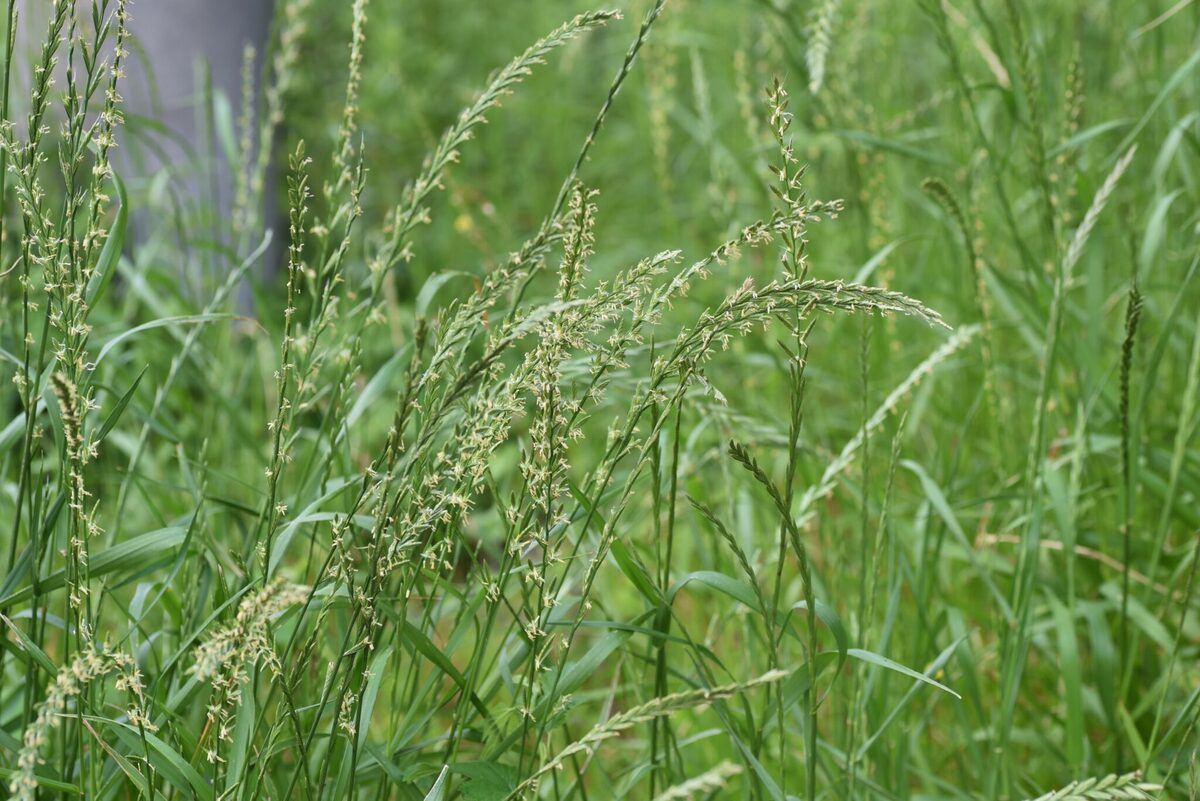
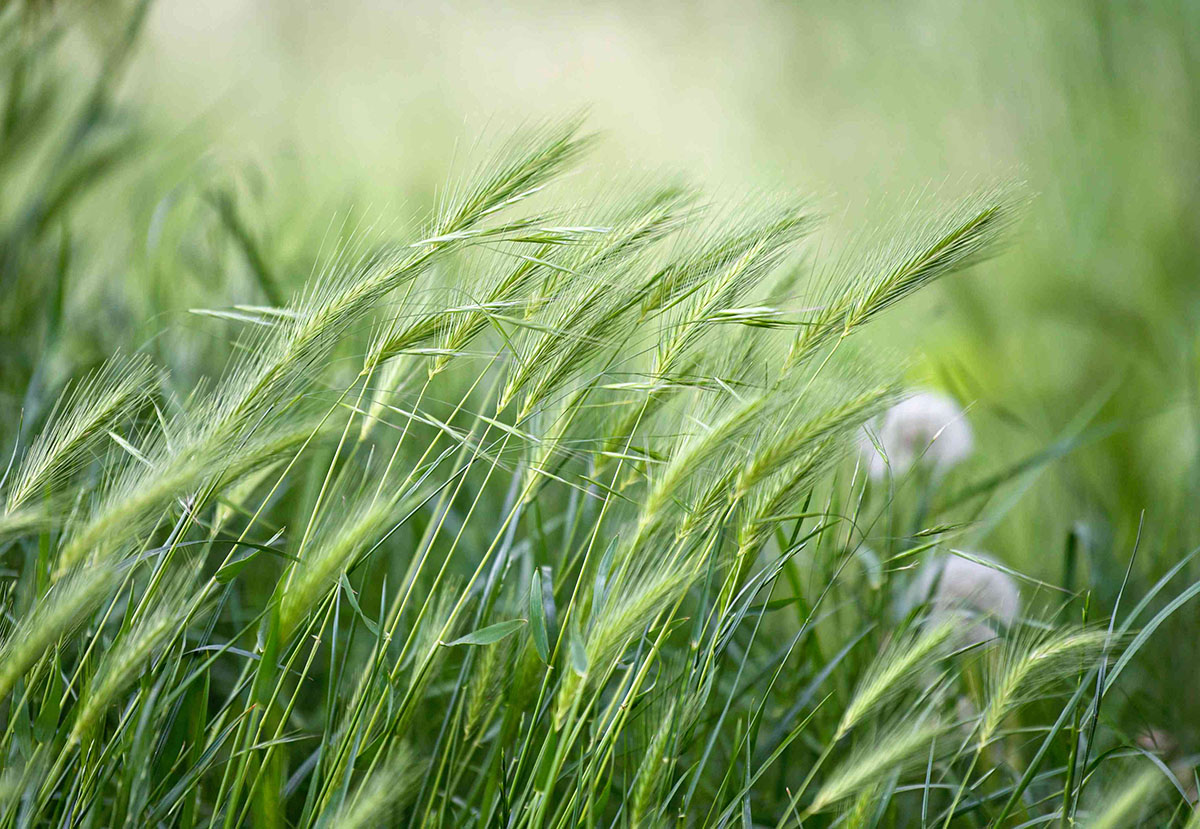
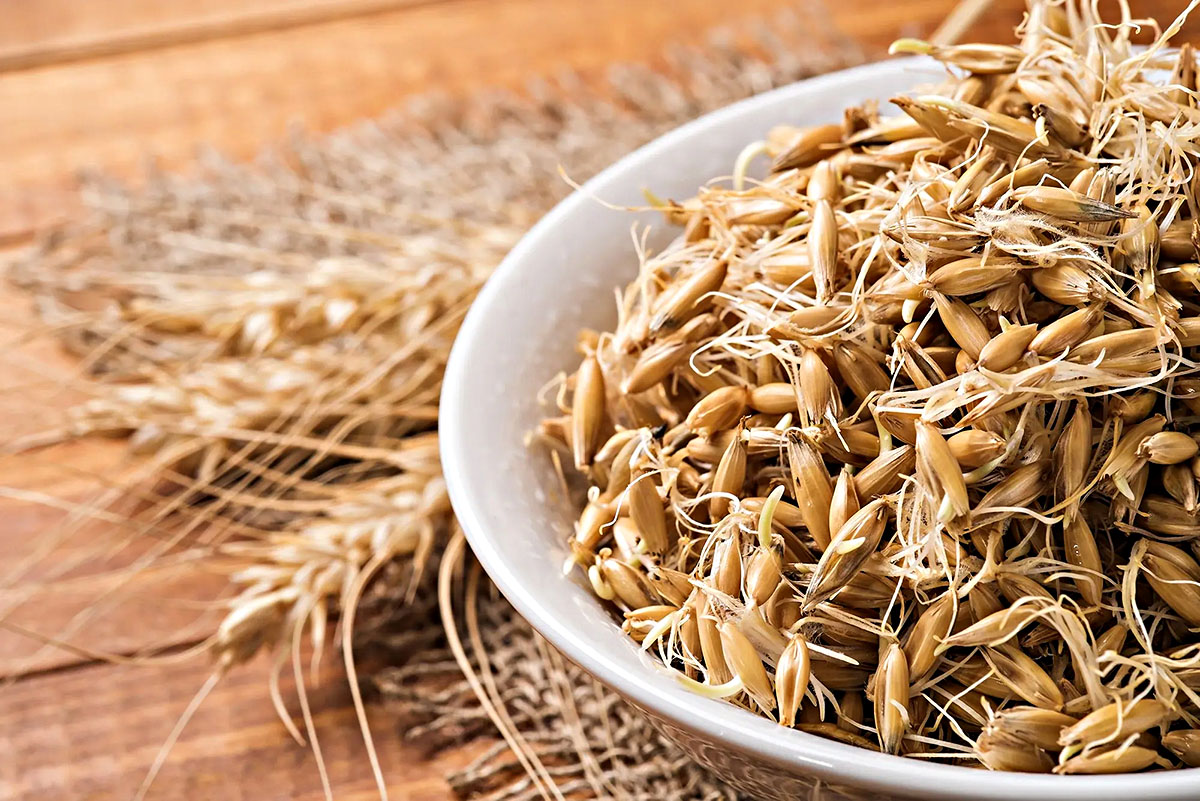
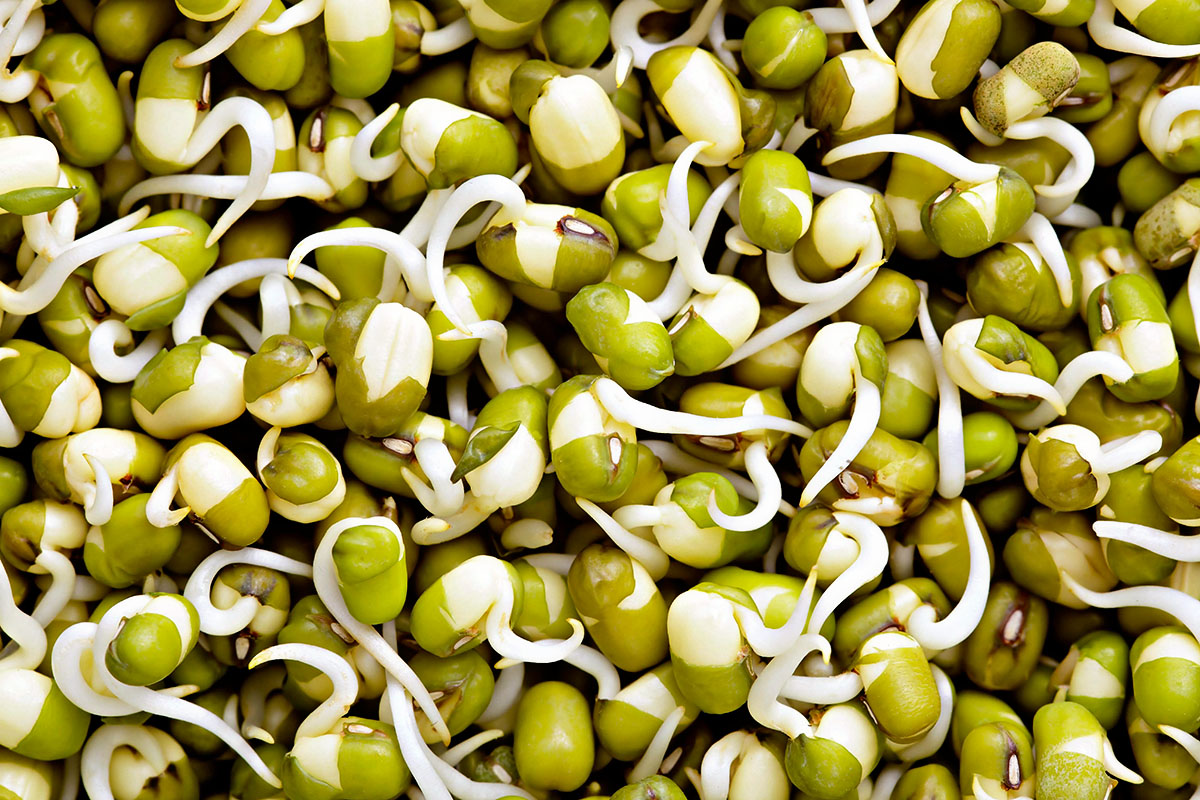
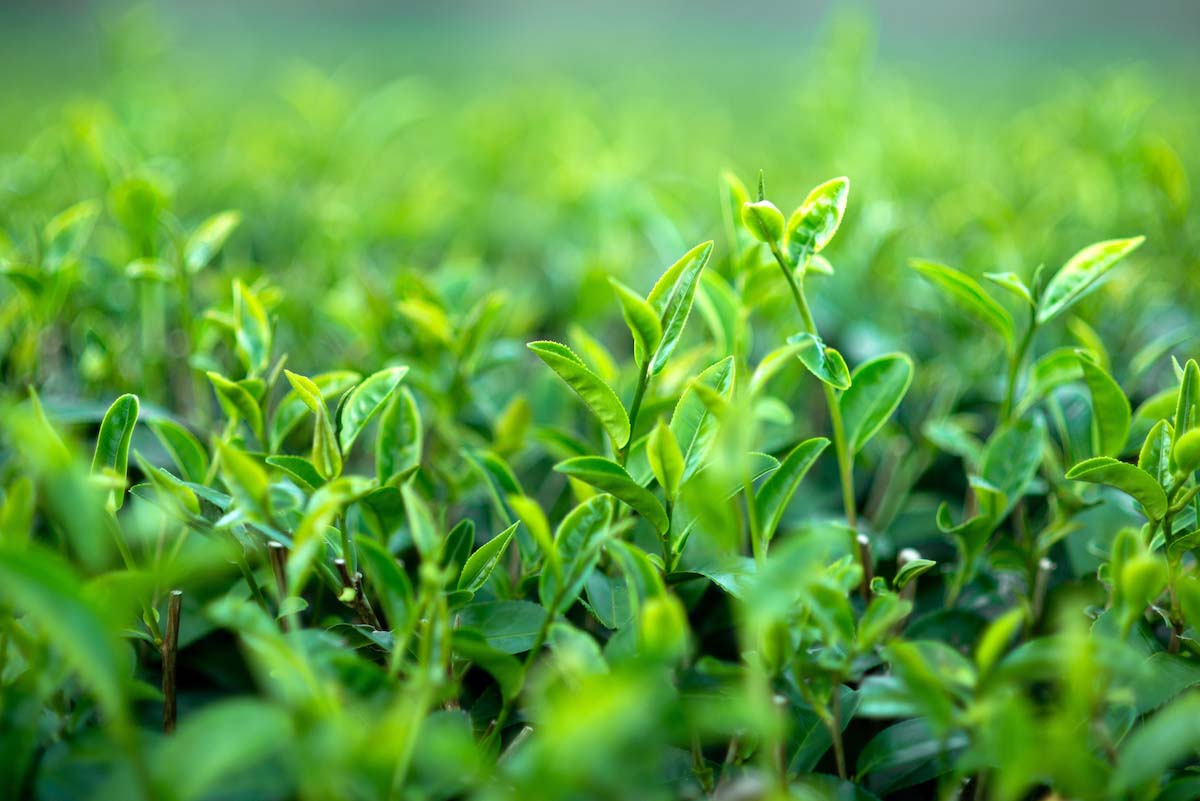
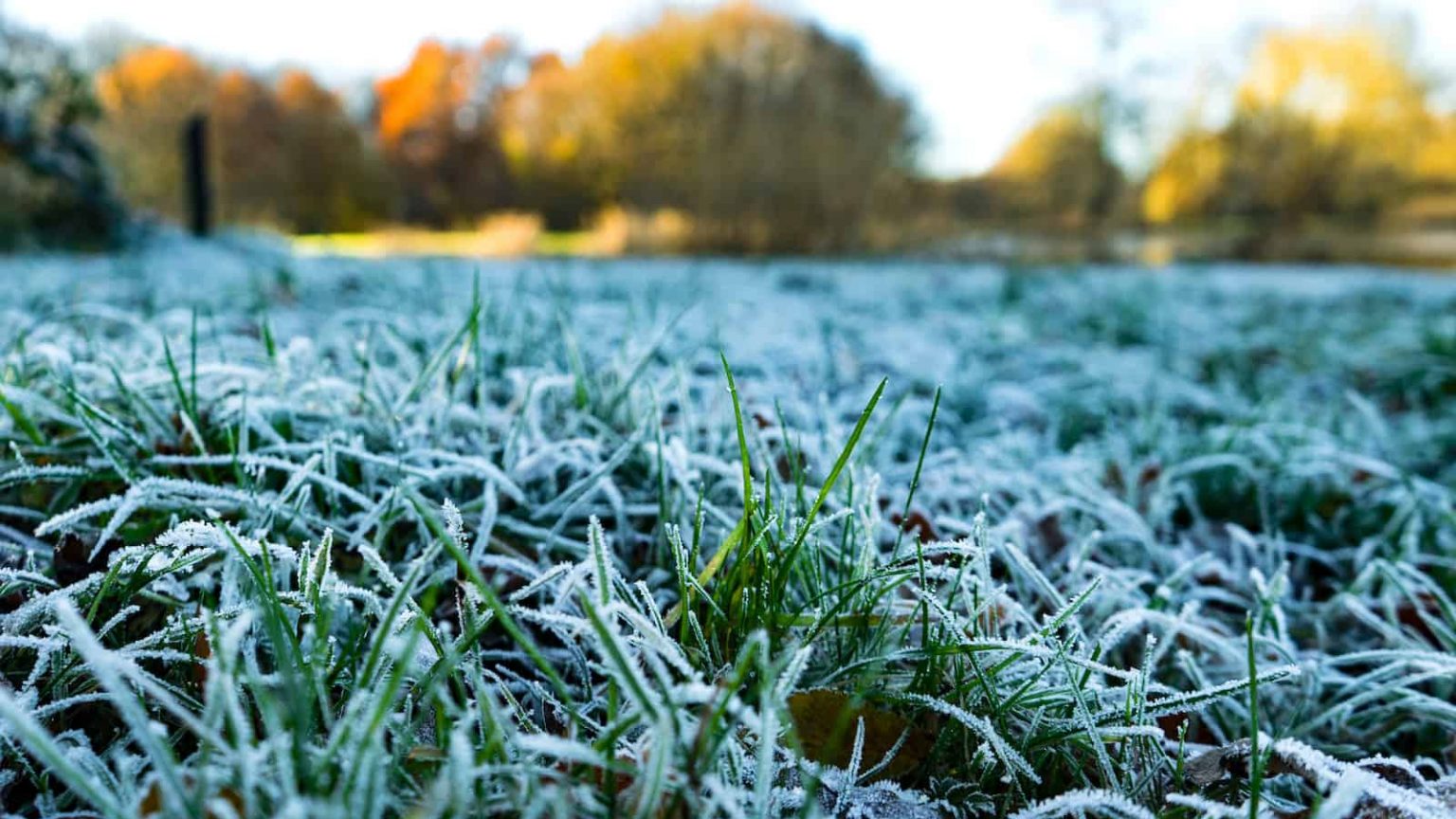
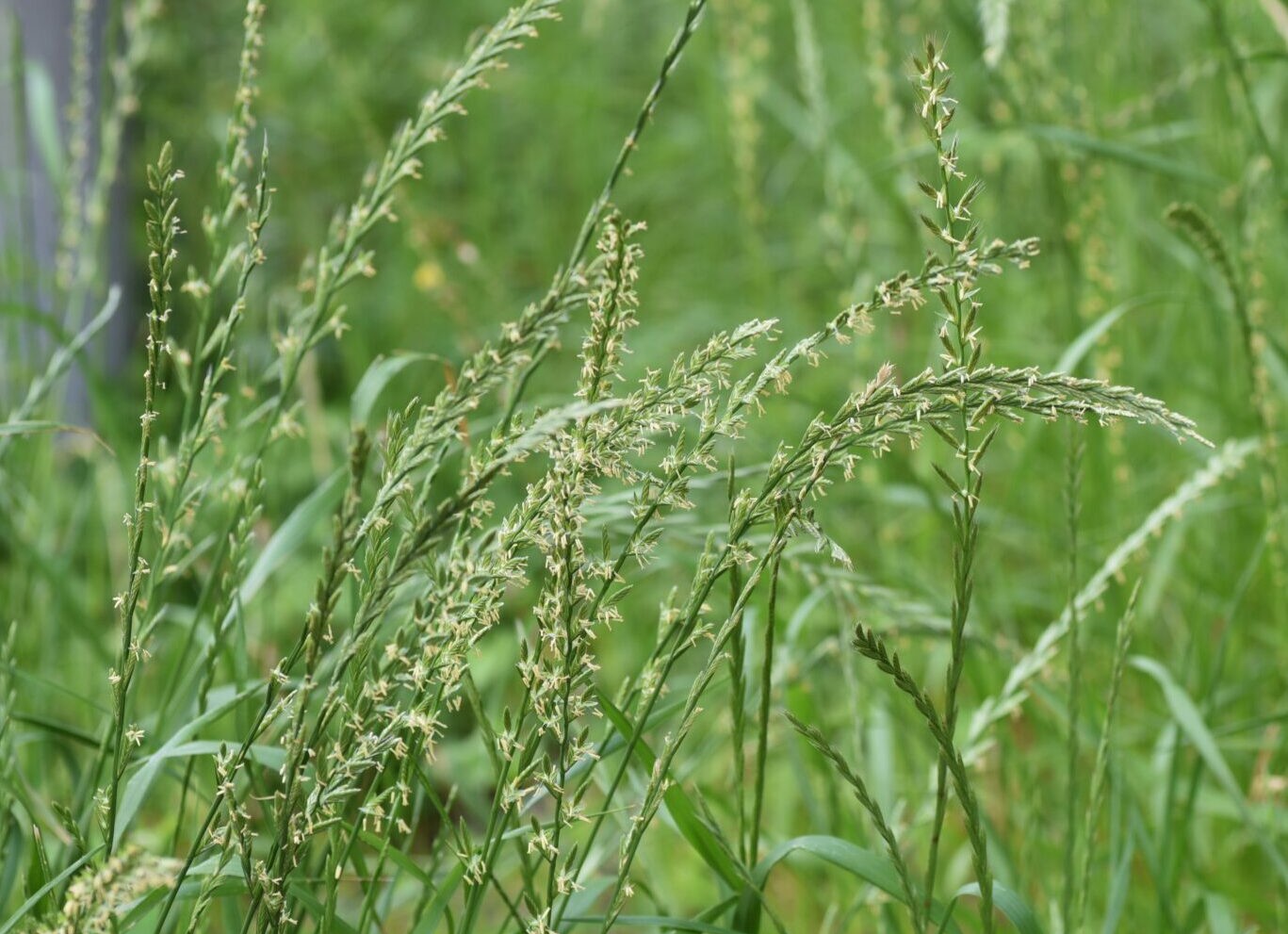
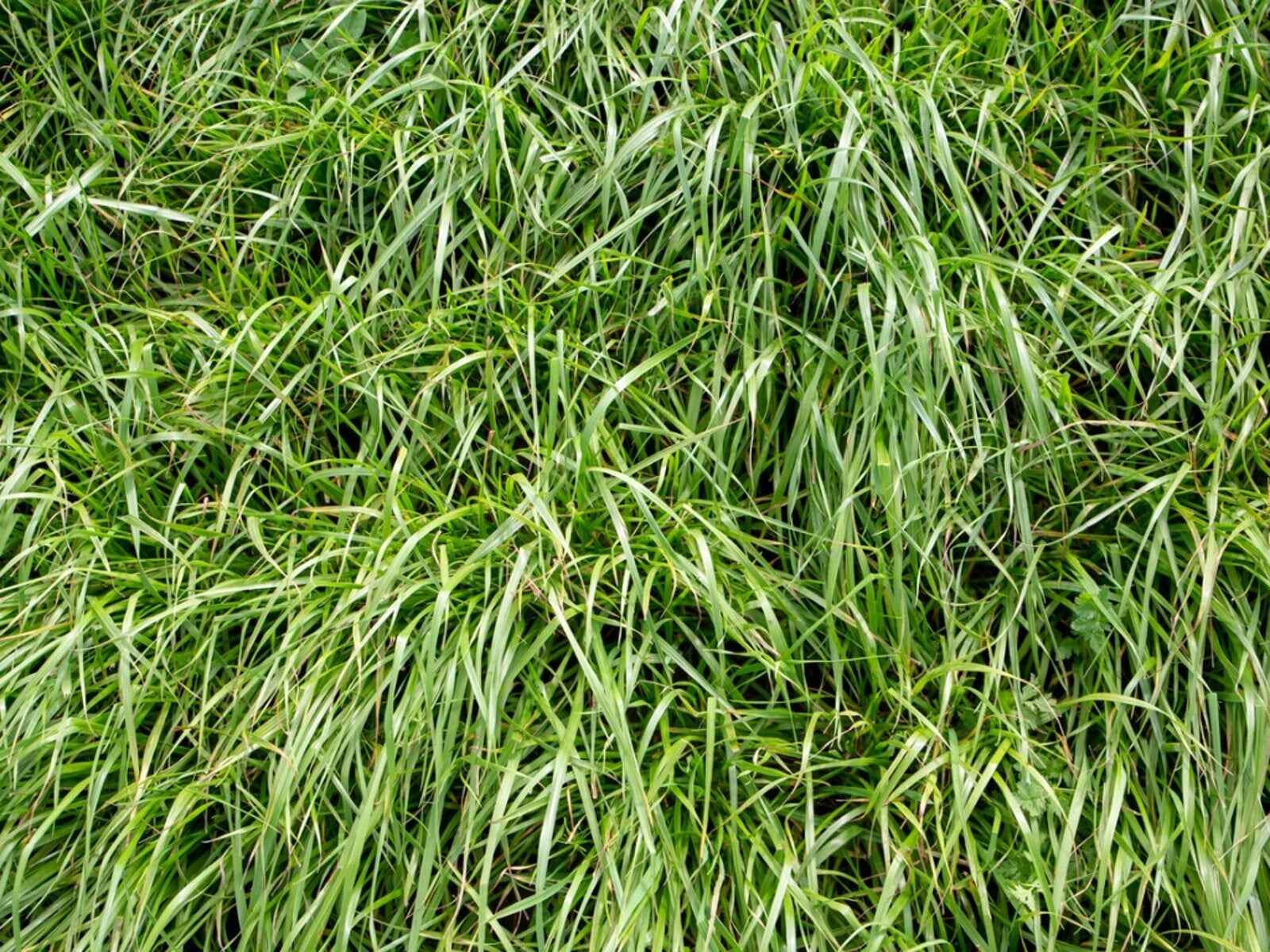
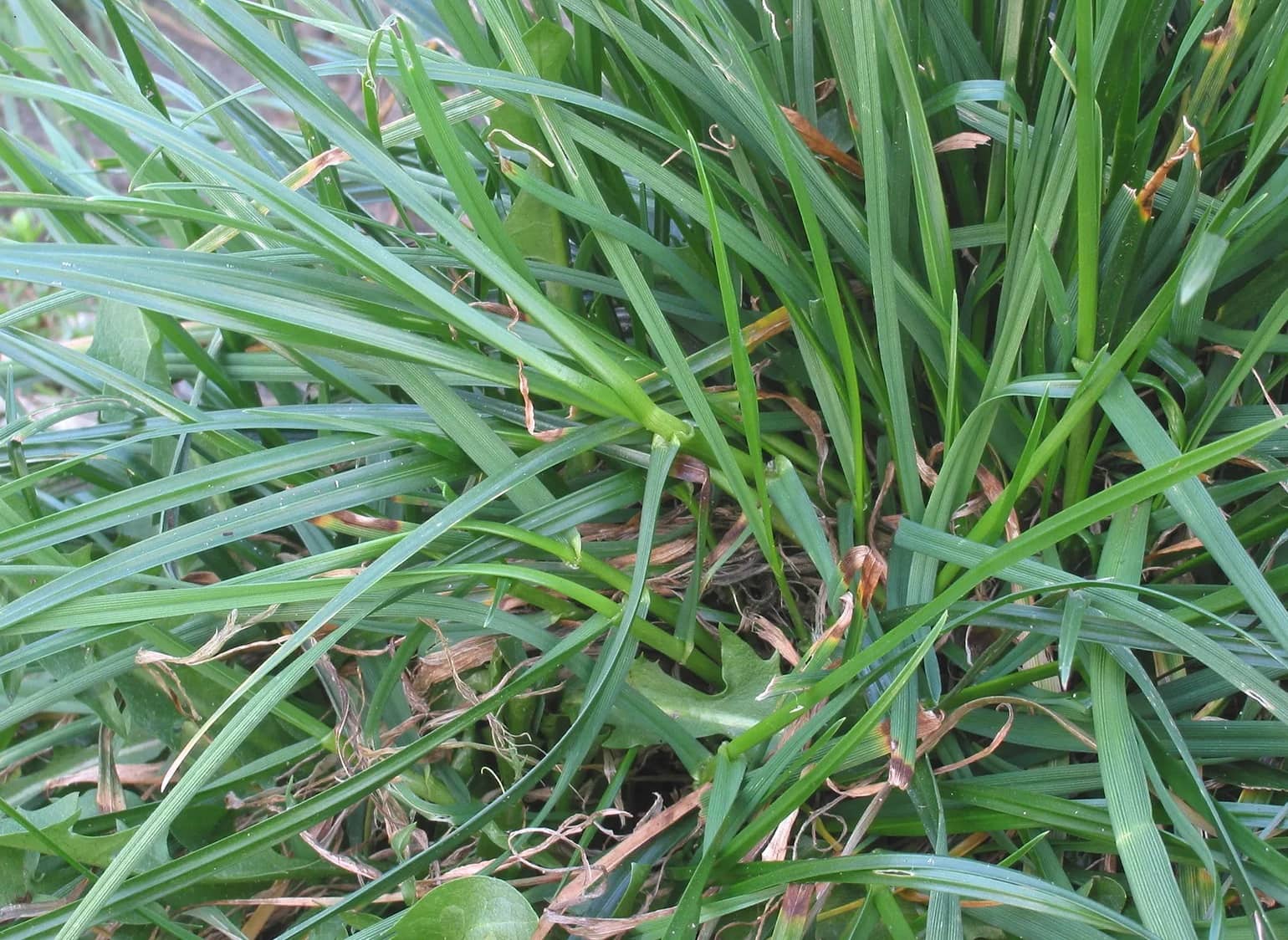

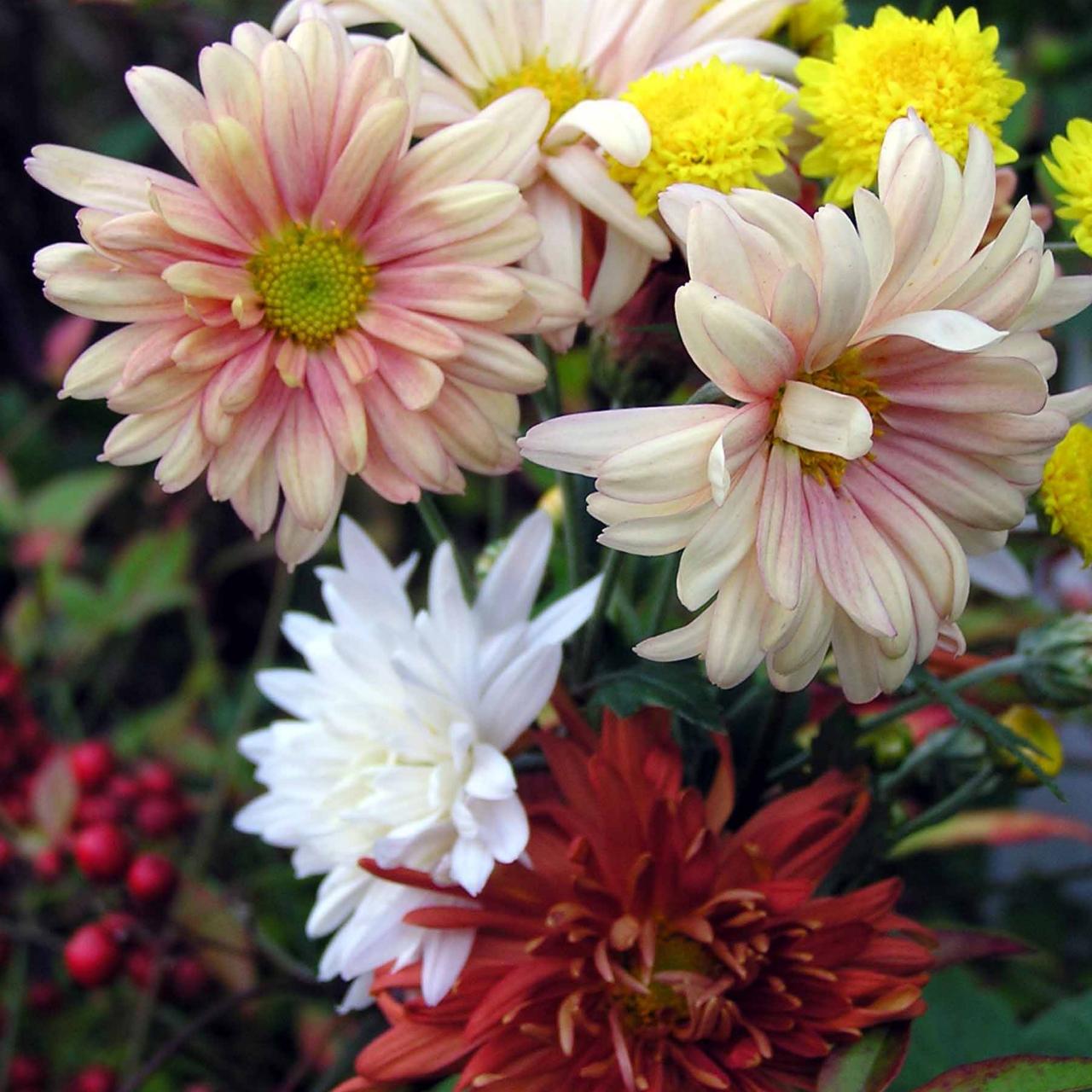
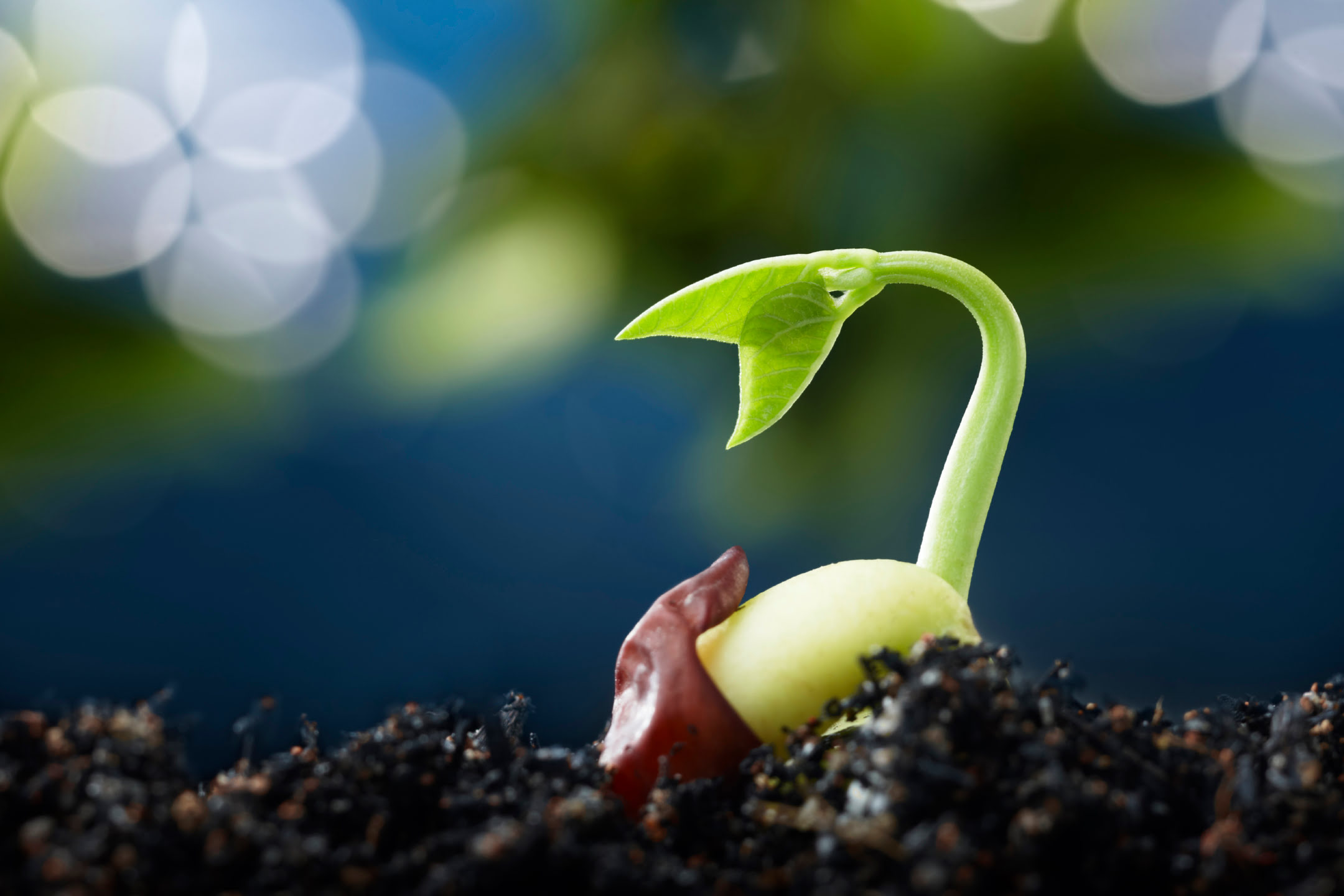
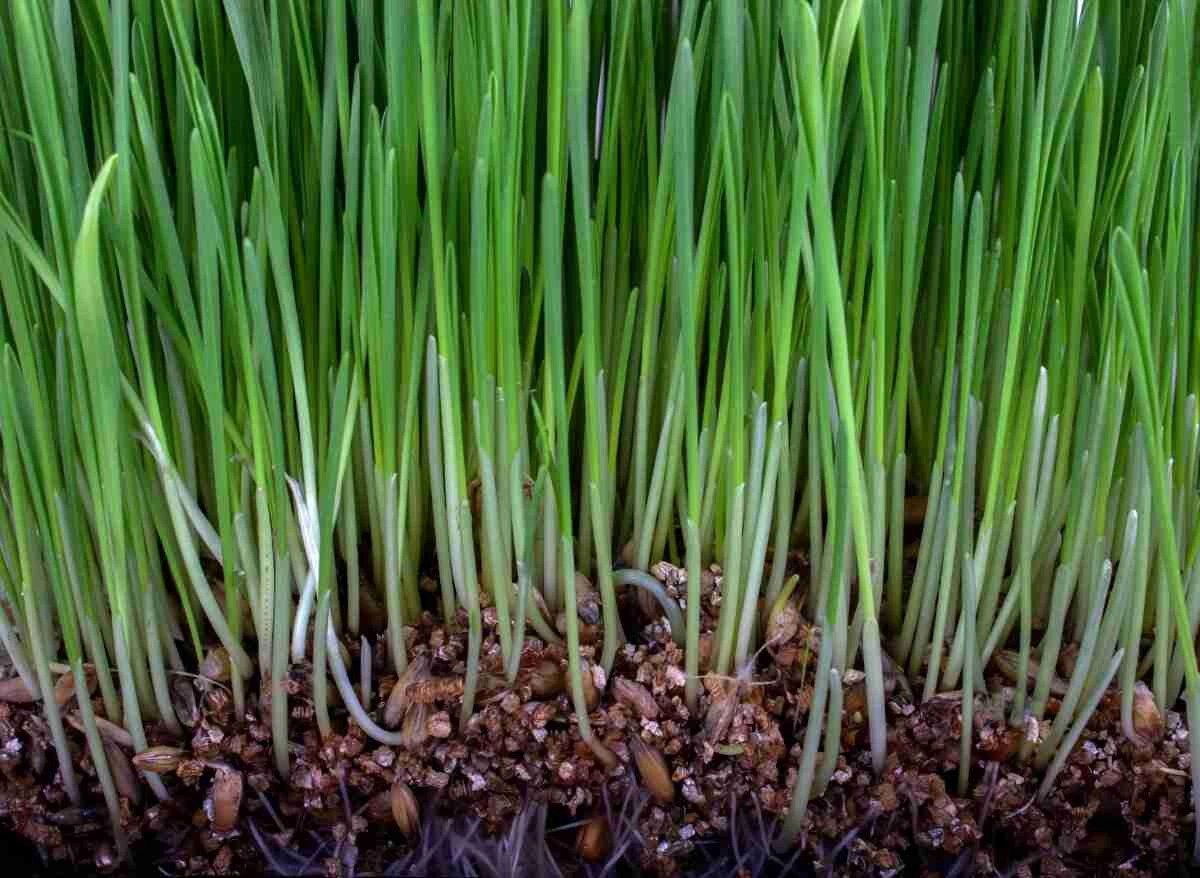
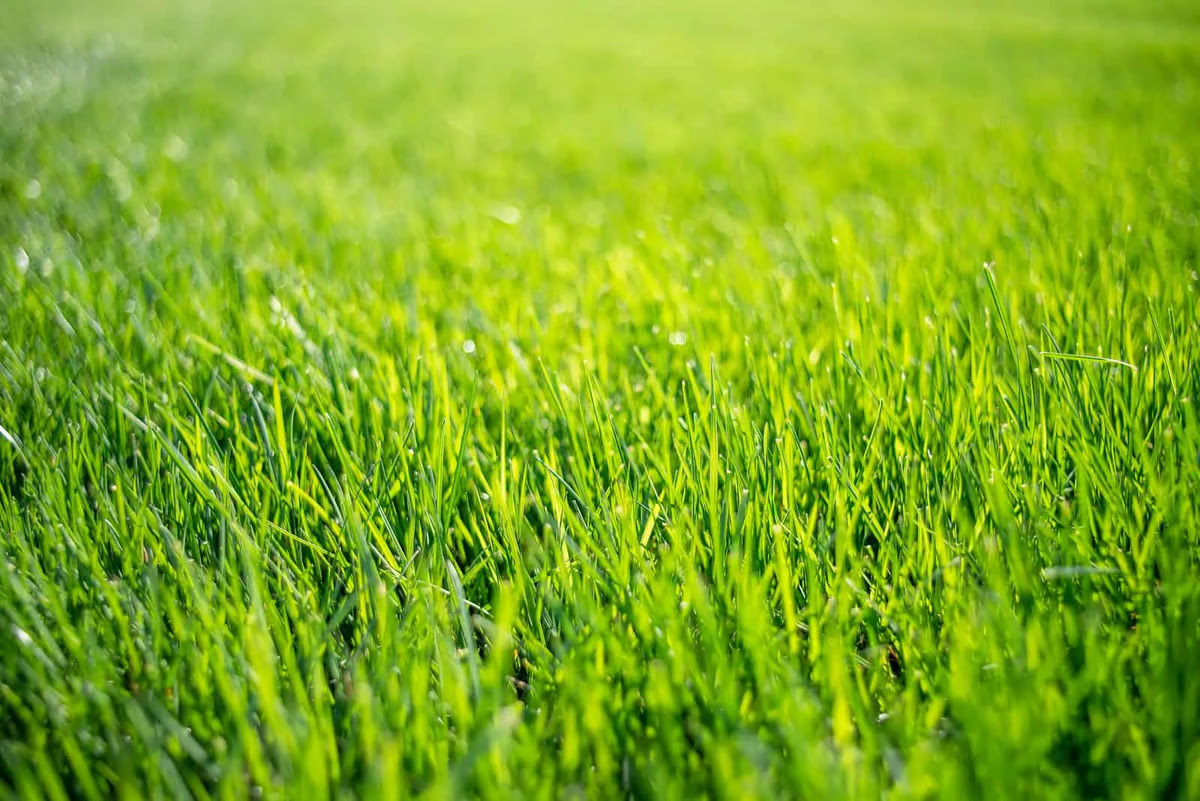

0 thoughts on “How Fast Does Perennial Ryegrass Germinate”